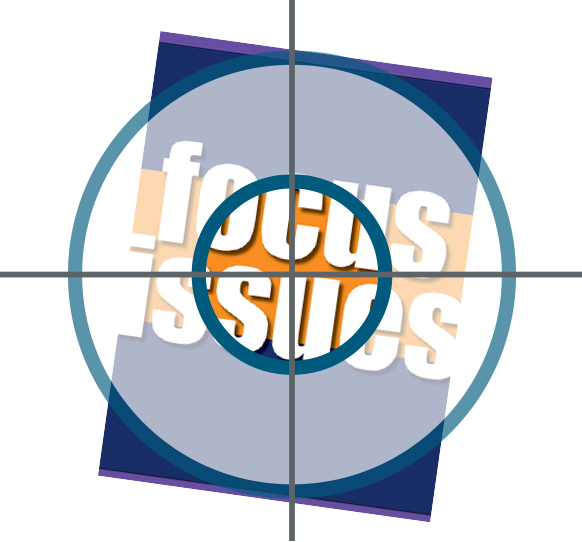 Deadline Extended: March 19, 2018
Deadline Extended: March 19, 2018
The “Semiconductor-Based Sensors for Application to Vapors, Chemicals, Biological Species, and Medical Diagnosis” focus issue of the ECS Journal of Solid State Science and Technology aims to cover various active or passive semiconductor devices for gas, chemical, bio and medical detection, with the focus on silicon, GaN, dichalcogenides/oxides, graphene, and other semiconductor materials for electronic or photonic devices.
The scope of contributed articles includes materials preparation, growth, processing, devices, chemistry, physics, theory, and applications for the semiconductor sensors. Different methodologies, principles, designs, models, fabrication techniques, and characterization are all included. Integrated systems combine semiconductor sensors, electric circuit, microfluidic channels, display, and control unit for real applications such as disease diagnostic or environmental monitoring are also welcome.


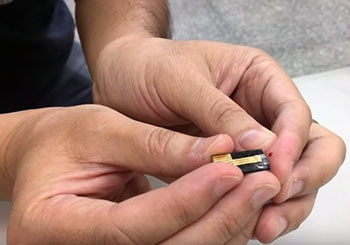
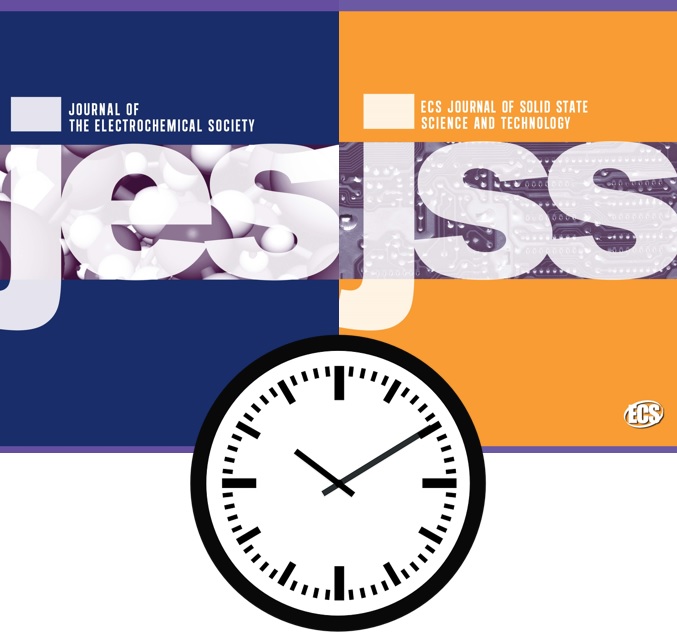 In a recent survey of over 100 corresponding authors who published in ECS journals, over 55% of respondents said the speed from initial manuscript submission to publication was faster than expected, and nearly 25% said it was very fast.
In a recent survey of over 100 corresponding authors who published in ECS journals, over 55% of respondents said the speed from initial manuscript submission to publication was faster than expected, and nearly 25% said it was very fast.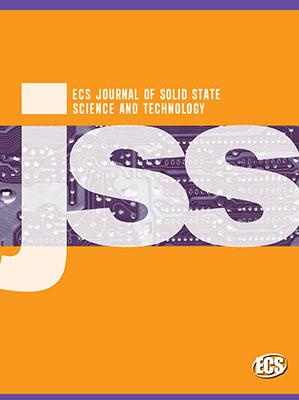 In a recently published ECS Journal of Solid State Science and Technology paper, ECS member Roger Loo and coauthors describe a new epitaxial growth technology and address the challenges of implementation. The open access article, “
In a recently published ECS Journal of Solid State Science and Technology paper, ECS member Roger Loo and coauthors describe a new epitaxial growth technology and address the challenges of implementation. The open access article, “
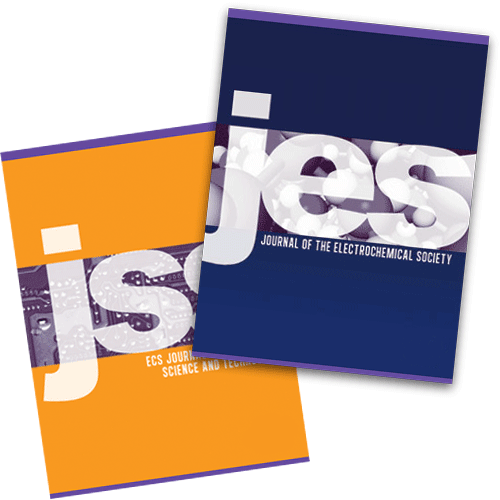 On January 1, 2018, ECS eliminated all charges for color figures published in the
On January 1, 2018, ECS eliminated all charges for color figures published in the  Submit your manuscripts to the ECS Journal of Solid State Science and Technology (JSS)
Submit your manuscripts to the ECS Journal of Solid State Science and Technology (JSS) 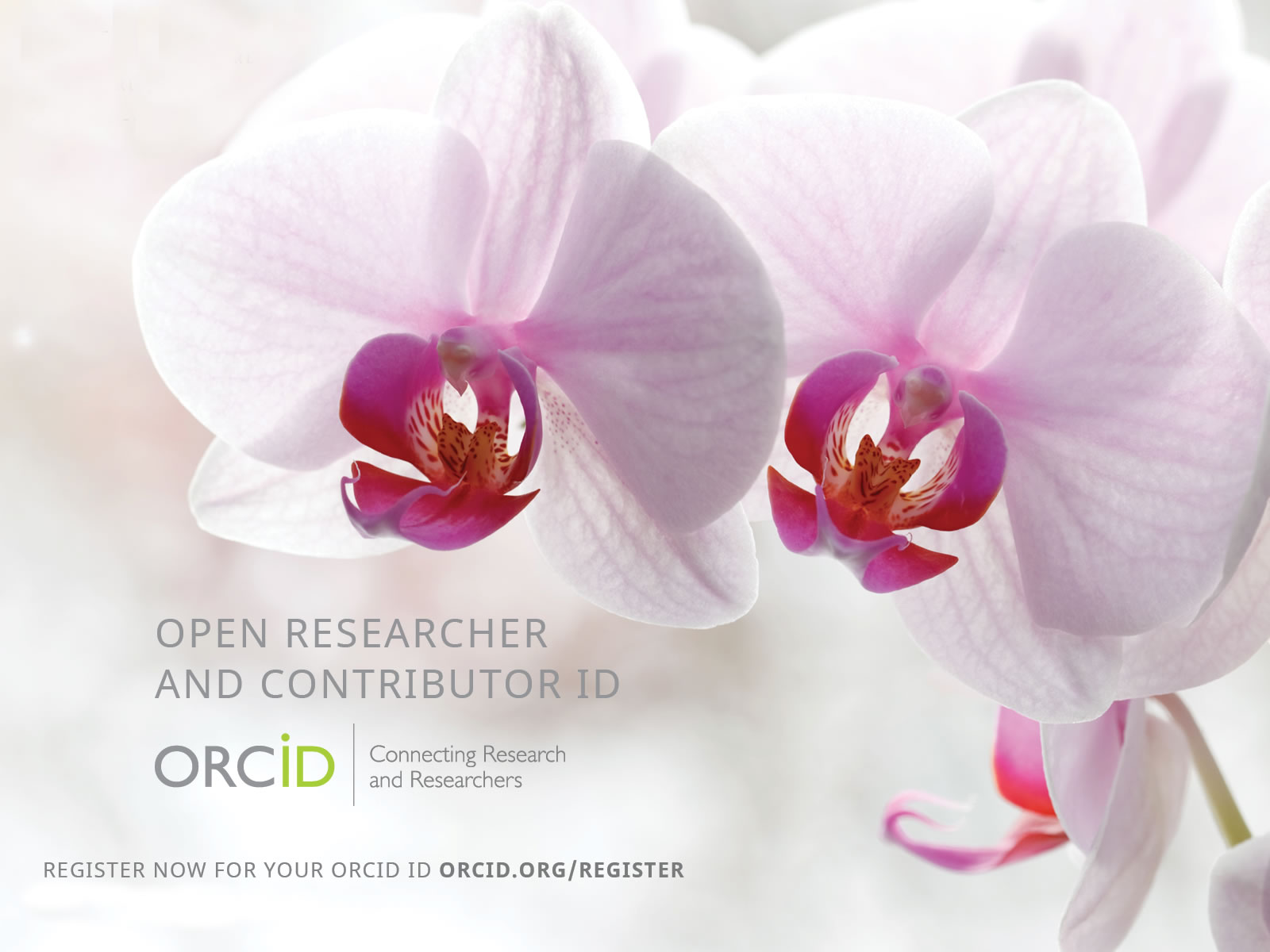
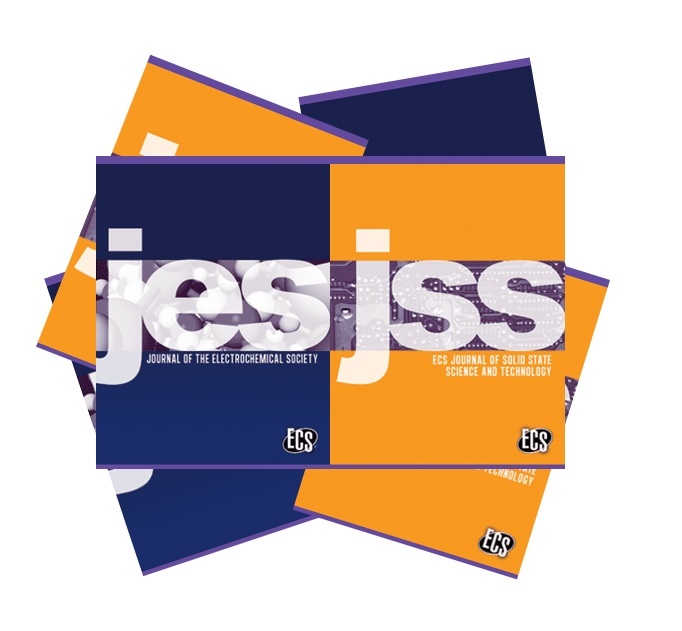 The journal impact factors (JIFs) for 2016 have been released, and ECS is pleased to announce that the JIFs for the
The journal impact factors (JIFs) for 2016 have been released, and ECS is pleased to announce that the JIFs for the